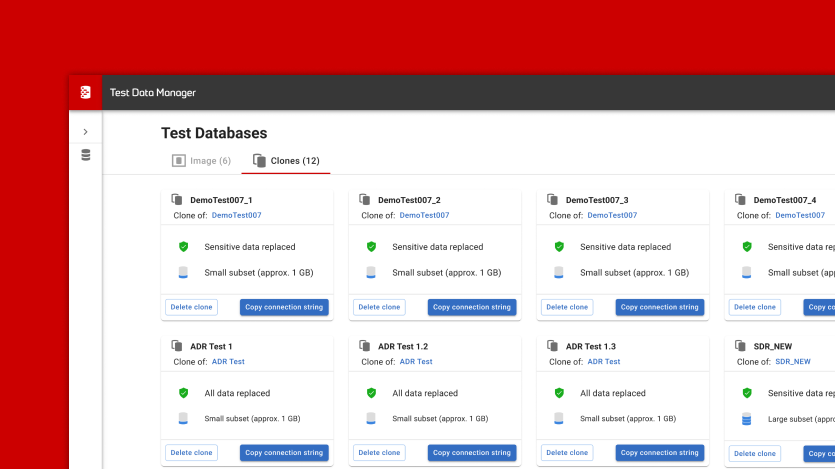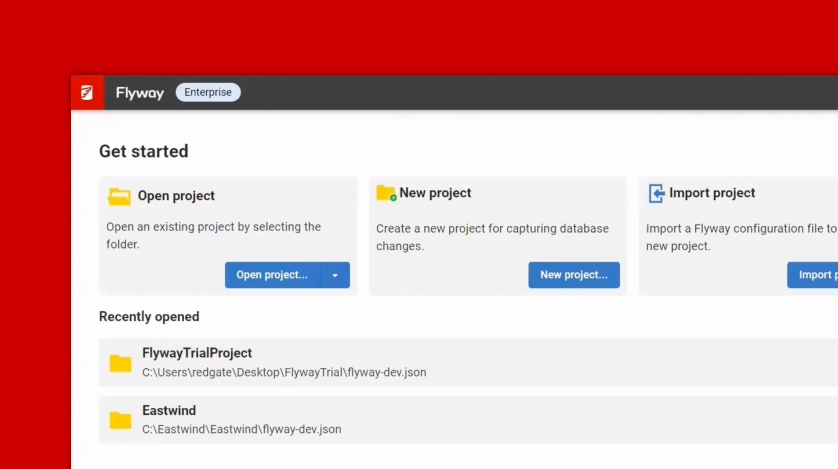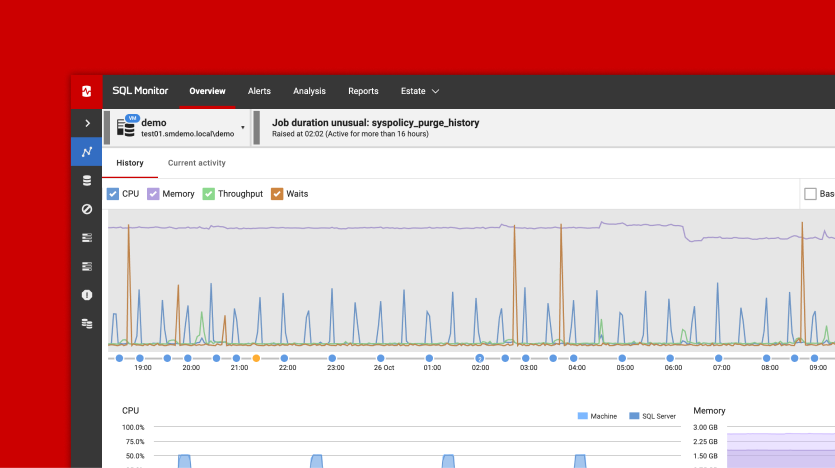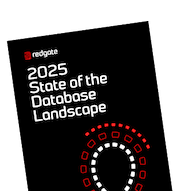Redgate acknowledged as a representative vendor in Gartner’s 2018 Market Guide for Data Masking
Data masking really has come of age. Gartner’s 2018 Market Guide for Data Masking1 has just been published and predicts that the global enterprise use of data masking (DM) or similar de-identification techniques will rise to 40%, an increase from 15% in 2017. And Redgate is acknowledged in the Guide as a representative vendor for Data Masking (DM)2:

At Redgate, we’re confident the reasons will be familiar to any professional who works with data:
- Increasing privacy regulations
- The exponential growth in data, with a consequent increase in security concerns
- The expanding use of business analytics to extract more value from data
These three issues have created a perfect storm around the collection, storage and use of data. The California legislature, for example, called out the misuse of data by Cambridge Analytica in section 2(g) of its bill to enact the far-reaching California Consumer Privacy Act in July 2018. (The Act comes into force on 1 January 2020.)
As a result, data privacy has become a boardroom issue and companies want to reassure their customers as well as regulators that they’re doing everything they can to protect sensitive data. At the same time, however, developers and BI analysts often need a copy of the production database in development and test environments, and to find relationships and patterns in data,.
Hence the recommendation by Gartner in its guide that: “Security and risk management leaders should use data masking to desensitize or protect sensitive data to address threats and compliance requirements.”
We believe there’s an important reason for specifically calling out data masking. Simply replacing sensitive data with random data will not work because the referential integrity and distribution characteristics of the original data has to be retained for a copy of a database to be of any use.
Instead, tools like Redgate Data Masker provide multiple methods to sanitize data in SQL Server and Oracle databases, use templates to remain consistent with existing data formats, and include replacement data sets such as names, zip codes and email addresses.
Gartner’s guide also recommends that data masking products should provide tools to manage the full life cycle of masking data:
- Deploy masking rules
- Schedule or trigger a masking job
- Monitor the performance of SDM or DDM operations
Redgate is already ahead of the game. In February 2018, Data Masker was combined with SQL Clone, which uses the standard disk virtualization technologies built into the Windows operating system to create copies of databases in seconds. The copies, which are only around 40MB in size for a 1TB database, work just like normal databases, and can be connected to and edited using any program.
The SQL Provision solution that was created provides a single management system for scheduling and triggering masked database copies with a process that is simple, repeatable and transparent. Importantly, it also provides role-based provisioning permissions and a central, auditable view of database copies so that the masked copies can be monitored.
To discover more about data masking for SQL Server and Oracle databases, visit our resource pages online, where you’ll also find a direct link to Gartner’s Market Guide for Data Masking.
1. Gartner Market Guide for Data Masking, Marc-Antoine Meunier, Ayal Tirosh, 20 July 2018.
2. This graphic was published by Gartner, Inc. as part of a larger research document and should be evaluated in the context of the entire document. The Gartner document is available upon request from https://www.gartner.com/doc/3883287.
Gartner does not endorse any vendor, product or service depicted in its research publications, and does not advise technology users to select only those vendors with the highest ratings or other designation. Gartner research publications consist of the opinions of Gartner’s research organization and should not be construed as statements of fact. Gartner disclaims all warranties, expressed or implied, with respect to this research, including any warranties of merchantability or fitness for a particular purpose.
GARTNER is a registered trademark and service mark of Gartner, Inc. and/or its affiliates in the U.S. and internationally, and is used herein with permission. All rights reserved.







